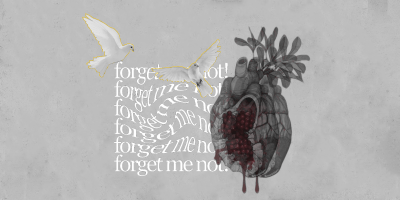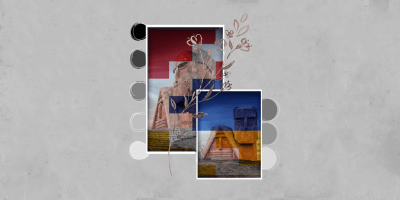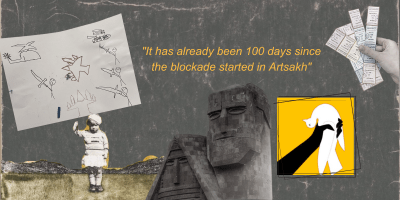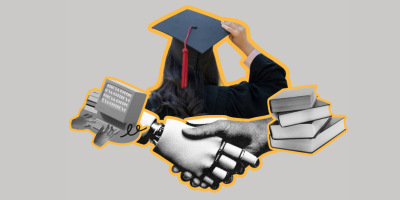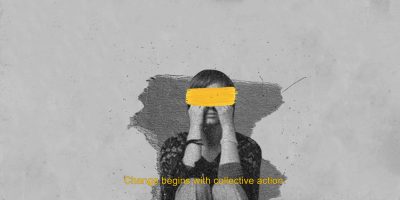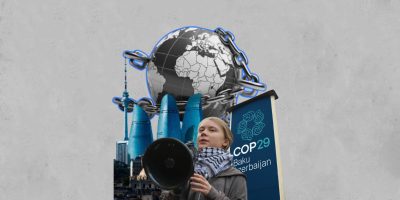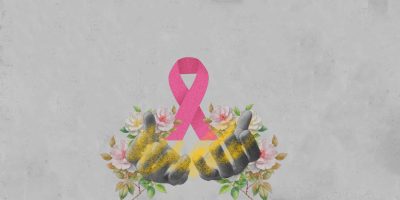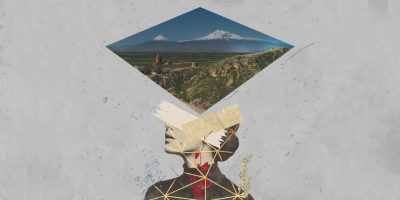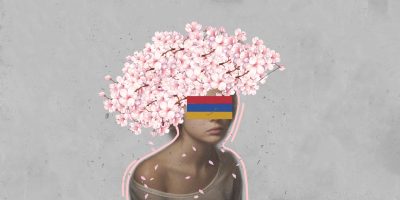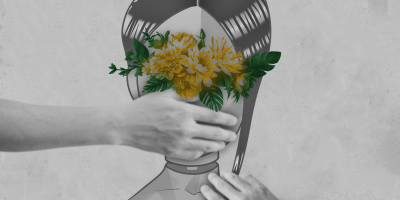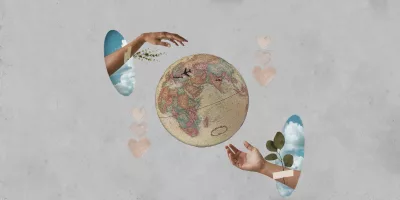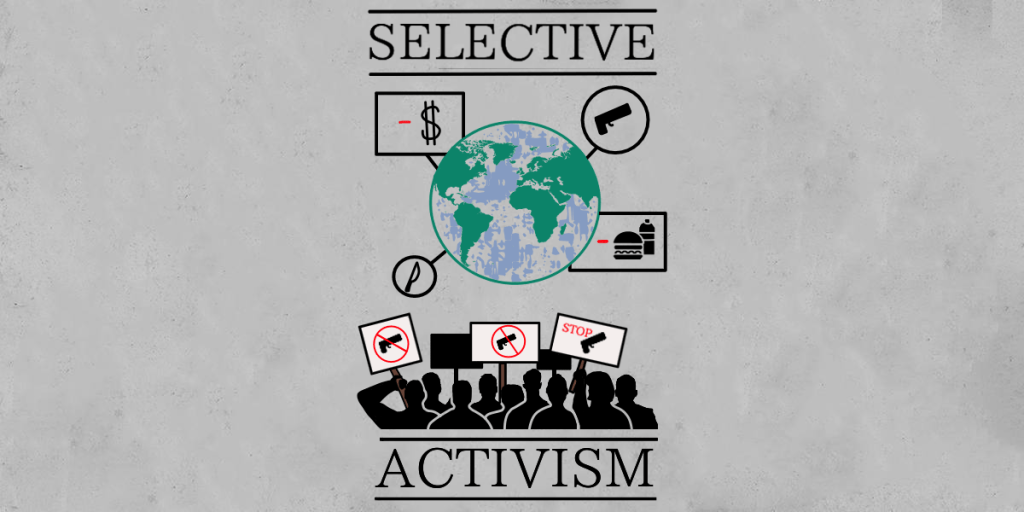
With current problems, wars and conflicts around the world, we are facing a pandemic of selective activism. Political leaders, international institutions, or individuals are picking and choosing whose human rights matter more than the others.
Today, all we do is constantly scroll through our social media feeds and networks. And it being our prominent platform for free speech, we see the users’ true colors in times of regional conflicts. Many fail to notice that people in other parts of the world are suffering. Some are unaware and some choose not to care. The common reaction is that since the events in other regions do not directly affect the people who are not in the region, they tend not to care. If it is a small, landlocked country like Armenia, who will even care? We do not export oil. We are not a major commerce center. We just do not have strategic importance.
Currently, the international media is focused on the wars in Ukraine and Israel. The ethnic cleansing and exodus of Armenians of Artsakh is ignored. The years of Israeli oppression of Palestinians are forgotten. All of humanity suffers from ongoing wars and conflicts. However, some specific populations receive more media attention than others. Why do our non-Armenian followers stay silent and even skip our stories? Why do we have to play with Instagram’s algorithms to increase our outreach?
We, Armenians, have been so focused on our suffering and trauma as a nation that we often forget to pay attention to the struggles of other nations. It’s our right to raise awareness for our cause, but we also shouldn’t choose not to talk about other causes in the world. For example, many Armenians are not aware of the starvation that has been a continuous humanitarian crisis in Yemen and the massacres of Uyghur Muslims in China and the list goes on.
Let’s be clear, activism is not about prioritizing one cause over the other. Inversely, selective activism is when people pick a cause based on what is currently trendy or politically beneficial. It is when one raises awareness of ethnic cleansing in one region while closing the blinds in another region because that is what the media told them to do. Every war and conflict has its victims, but not every victim is “civilized” or has “blue eyes and blonde hair.”
This is not only an ignorant act, it is also an unsympathetic one. When we ignore or invalidate the issues that certain groups face every day, we ourselves become part of the problem. There are so many issues that affect so many people in the world. We cannot just look at a list of problems and decide which ones are worth our time. If we truly are advocates of human rights, we should not be selective and raise awareness of all world conflicts and wars.
Some people who choose to talk about a specific conflict while neglecting others fail to notice that they are part of the problem of selective activism and are spreading misinformation while proudly being part of a trend. Others do not understand the bigger picture and only fall instantly for headlines. According to a recent study, “difficulties discerning false news headlines from true ones can also arise from intuitive (or ‘lazy’) thinking rather than the impact of worldviews.” Therefore, media literacy should be practiced to avoid manipulation caused by triggering headlines.
We should be advocates of human rights and care about every human rights violation just like we wish that they would do the same for us. Don’t be passive. Call out the selective activists and the ones who follow misinformation. A good idea is to educate people who seem to be unaware of a certain conflict rather than being angry with them.

